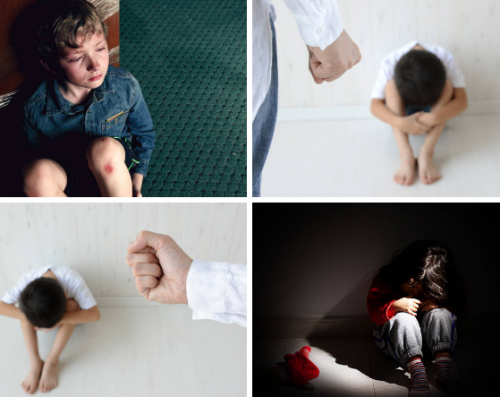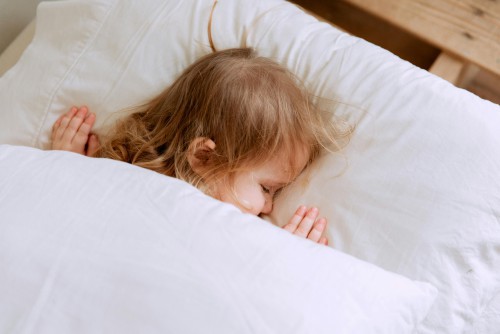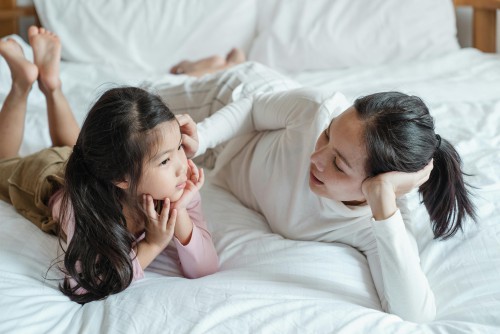How Domestic Violence Affects Children’s Lives Later
Views:1222 |
By:
Winnie

Seeing domestic violence at home usually harms children emotionally and psychologically, and these wounds may last throughout their lives. Being affected by such trauma disturbs healthy growth, unsettles emotions, and shapes a child’s view of themselves and the world. The consequences can impact someone for a long time.
1. Emotional and Psychological Trauma
Young people exposed to domestic violence are likely to feel constantly scared, anxious, and unsure. Constant exposure to stress can lead somebody to develop depression, PTSD, or have trouble with low self-esteem. Simply watching or witnessing violence can really hurt children’s mental well-being.
2. Impaired Social and Relationship Skills
It might be hard for them to form strong and positive relationships once they get older. Living in a hostile or abusive home usually means a person learns to deal with conflicts badly and is wary of close relationships. They might either be afraid of forming relationships or behave violently, just like they saw growing up.
3. Academic and Cognitive Challenges
Being exposed to domestic violence complicates a child’s focus and ability to remember and do well in school. Some students are frequently absent, their grades continue to drop, or they have problems learning. Because of their trauma, students find it tough to focus on school projects and learning.
4. Higher Risk of Substance Abuse and Criminal Behavior
Studies have found that kids who live in violent homes may become involved in drugs, drinking, and breaking the law. Many try to handle their emotions with drugs or drinking, and it can eventually result in the person breaking the law and repeating violent acts.
Long-term problems make it clear that children who are abused need active support, early care, and safe surroundings to get better and do well.
 How to Sleep Train Your Child: A Calm Parent’s Guide
How to Sleep Train Your Child: A Calm Parent’s Guide  When Should You Talk to Your Child About Sexuality and Safety
When Should You Talk to Your Child About Sexuality and Safety